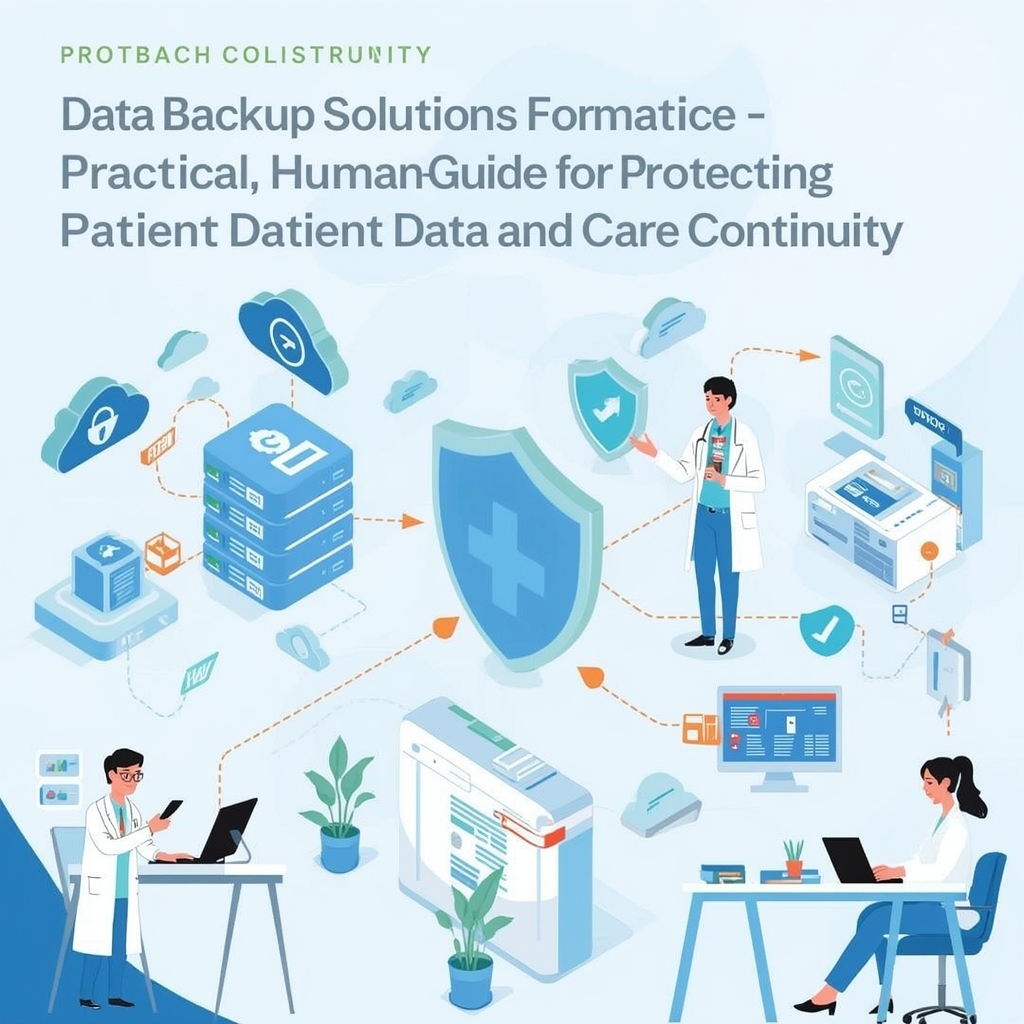What is an Emergency Fund and Why It Matters – Your Guide to Financial Safety
What is an emergency fund and why it matters is a question many people ask when thinking about financial stability. An emergency fund is money set aside to cover unexpected expenses, such as medical bills, car repairs, or sudden job loss. It’s your personal safety net, ensuring that life’s surprises don’t derail your finances. Having this financial cushion means you can handle emergencies without relying on high-interest loans or credit cards. In today’s uncertain economy, an emergency fund is not just smart — it’s essential for peace of mind and long-term security.
Understanding an Emergency Fund
An emergency fund is a separate pool of savings designed to be easily accessible during financial hardships. Unlike regular savings, which might be used for vacations or planned purchases, this money is strictly for unplanned events. The amount you keep will depend on your lifestyle, monthly expenses, and income stability. Many financial experts recommend saving enough to cover at least three to six months of living costs. By keeping it in a liquid, low-risk account, you ensure quick access when it’s truly needed.
Why an Emergency Fund is Essential
Life is unpredictable. One unexpected event can cause financial strain, but with an emergency fund, you can:
-
Avoid debt from sudden expenses
-
Maintain your lifestyle during job loss
-
Handle medical emergencies without stress
-
Protect long-term investments by not withdrawing early
-
Reduce anxiety about the future
This safety net is not about expecting the worst — it’s about being prepared for anything.
Common Situations Where an Emergency Fund Helps
Your emergency fund can be a lifesaver in countless situations, such as:
-
Job layoffs or reduced work hours
-
Medical emergencies and hospital bills
-
Urgent home or car repairs
-
Unexpected travel for family emergencies
-
Natural disasters or unexpected events
By having funds ready, you can focus on solving the problem rather than worrying about money.
How to Start Building Your Emergency Fund
Starting an emergency fund may feel overwhelming, but it’s easier than it seems:
-
Set a realistic savings goal based on your needs
-
Open a dedicated savings account for easy tracking
-
Automate monthly transfers to build consistency
-
Reduce unnecessary spending to free up funds
-
Celebrate milestones to stay motivated
The key is to start small and grow over time — even a few hundred dollars can make a big difference in an emergency.
Best Places to Keep Your Emergency Fund
Your emergency fund should be accessible yet safe from market volatility. Popular options include:
-
High-yield savings accounts
-
Money market accounts
-
Short-term certificates of deposit (CDs)
Avoid tying up this money in long-term investments or risky assets, as emergencies require quick access.
Mistakes to Avoid with Your Emergency Fund
Even the best intentions can be derailed by poor management:
-
Using it for non-emergencies like vacations or gadgets
-
Mixing it with regular savings, making it easy to spend
-
Neglecting to replenish it after use
-
Keeping it in risky or inaccessible investments
Discipline and clarity of purpose are what keep an emergency fund effective.
Final Thoughts
Now that you understand what is an emergency fund and why it matters, it’s clear this financial tool is a must-have for anyone seeking stability and peace of mind. Building an emergency fund takes time, but the benefits — reduced stress, financial independence, and security in uncertain times — are worth the effort. Start today, and give yourself the gift of confidence in the face of life’s surprises.










